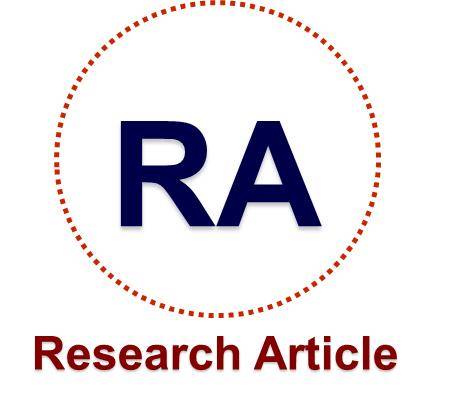The effect of a direct-fed microbial and dietary fat inclusion on performance and energy metabolism in broiler chicks and turkey poults
Authors: Samantha Black, Adam C. Fahrenholz and Jesse L. Grimes
Ger. J. Vet. Res
2021.
vol. 1, Iss. 4
pp:1-10
Doi: https://doi.org/10.51585/gjvr.2021.4.0024

Abstract:
Two battery trials were conducted to determine the effects of dietary direct-fed microbial (DFM) and dietary fat inclusion on broiler chick and turkey poult performance and dietary apparent metabolizable energy, nitrogen corrected (AME n) when fed corn, wheat, and soy diets. For both experiments, a 2 x 2 factorial experimental design was used with supplemental fat at low (1%, LF) or high (6%, HF) levels and DFM inclusion (0 or 0.91 kg/ton) as main effects. Dietary treatments were randomly assigned to 72 cages of birds and fed for 21 days. Growth performance was measured weekly, and cecal contents were collected for volatile fatty acid (VFA) analysis on day 21. Fat supplementation resulted in increased body weight gain (BWG) in both broilers and turkeys. Specifically, in LF diets, DFM inclusion resulted in increased BWG compared to the non-DFM treatments. Cumulative feed conversion ratio (FCR) was improved in HF treatments and the LF with DFM treatment compared to the LF with no DFM. In both trials, as expected, feeding HF diets resulted in increased AME n. However, the DFM inclusion resulted in a greater uplift in AME n in LF diets for both broilers and turkeys. In either trial, diet did not impact cecal VFA concentrations; thus, the impact on DFM on VFA production remains uncertain. In conclusion, the performance of broiler chicks and turkey poults was improved by DFM inclusion in reduced fat diets, which was associated with increased energy digestibility as measured by AME_n.
Keywords:
Direct-fed microbials, Probiotics, Lactobacillus, Broiler chicks, Turkey poults, Dietary fat
Statistics:
Article Views: 2545
PDF Download: 48